We welcome your feedback, which helps us to improve the products and services we provide. We know that sometimes things go wrong, but if they do, we want to try to stop them from happening again. We are here to support learners and apprentices, and ensure that their learning experience is a positive one. If you need to ask a question or raise a complaint, this policy and procedure provides information on how to do this.
The goal:
CNet Training is committed to providing a quality service for its customers and working in an open and accountable way that builds the trust and respect of all our stakeholders. One of the ways in which we can continue to improve our service is by listening and responding to the views of our customers and stakeholders, and by responding positively to complaints, and by putting mistakes right.
Therefore, CNet Training sets out to ensure that:
- making a complaint is as easy as possible
- a complaint is treated as a clear expression of dissatisfaction which calls for a response
- a complaint is dealt with promptly, politely and, when appropriate, confidentially
- CNet Training responds in the right way - for example, with an explanation, or an apology where things have gone wrong, or information on any action taken etc.
- CNet Training learns from complaints, uses them to improve service
Many concerns will be raised informally and dealt with quickly. CNet Training aims to:
- resolve informal concerns quickly by discussions with staff
- keep matters low-key
- enable mediation between the complainant and the individual to whom the complaint has been referred
- An informal approach is appropriate when it can be achieved. But if concerns cannot be satisfactorily resolved informally, then the formal complaints procedure should be followed
CNet Training's responsibility will be to:
- acknowledge the formal complaint in writing
- respond within a stated period
- deal reasonably and sensitively with the complaint
- act where appropriate
A complainant's responsibility is to:
- bring their complaint, in writing, to CNet Training's attention within four weeks of the issue arising
- raise concerns promptly and directly with a member of CNet Training’s staff
- explain the problem as clearly and as fully as possible, including any action taken to date
- allow CNet Training a reasonable time to deal with the matter
- recognise that some circumstances may be beyond CNet Training's control
Definition of ‘Complaint’:
A complaint is an expression of dissatisfaction about an act, omission, decision, or a service provided by us. A dissatisfaction may arise from the actions of a member of CNet Training’s staff, or from an area or programme of work that we are involved in.
Formal Complaints Procedure
Stage 1
In the first instance, if you are unable to resolve the issue informally, you should write to the member of staff who dealt with you, or their manager, so that he or she has a chance to put things right. In your letter, you should set out the details of your complaint, the consequences for you thus, and the remedy you are seeking.
You can expect your complaint to be acknowledged within five working days of receipt. You should get a response and an explanation within twenty working days. If you are unsure which member of CNet Training’s staff to write to, your complaint should be sent to CNet Training’s Operations Manager.
Our contact details can be found on the “Contact Us” part of the CNet Training Website, or use this email address: info@cnet-training.com.
Stage 2
If you are not satisfied with the initial response to the complaint, then you can write to CNet Training’s Managing Director and ask for your complaint and the response to be reviewed. You can expect the Managing Director to acknowledge your request within five working days of receipt and a response within twenty workings days.
CNet Training's aim is to resolve all matters as quickly as possible. However, inevitably some issues will be more complex and therefore may require longer to be fully investigated. Consequently, timescales given for handling and responding to complaints are indicative. If a matter requires more detailed investigation, you will receive an interim response describing what is being done to deal with the matter, and when a full reply can be expected and from whom.
If you remain dissatisfied with our final response you can contact the following organisations:
For complaints regarding the award of BTEC qualifications:
https://qualifications.pearson.com/en/contact-us/feedback-and-complaints.html
For complaints regarding your apprenticeship:
Complaints procedure - Education and Skills Funding Agency - GOV.UK (www.gov.uk)
Complaints procedure - Ofsted - GOV.UK (www.gov.uk)









